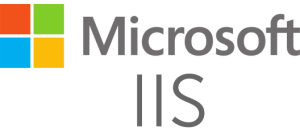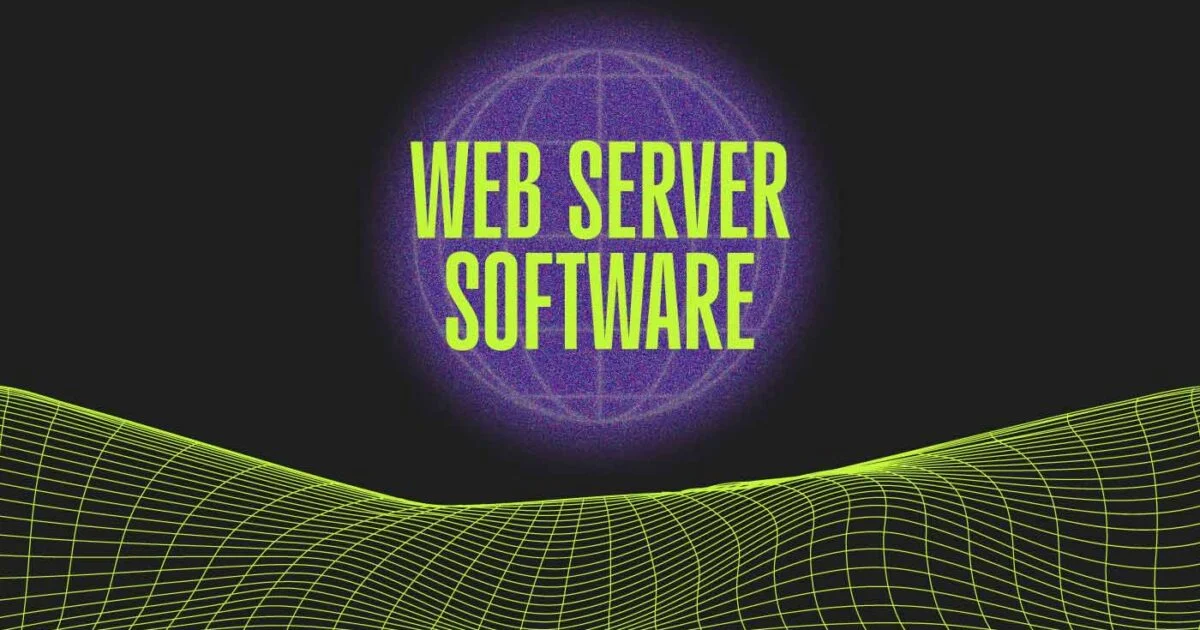In the dynamic landscape of the web, your website’s performance and reliability are paramount. The right web server acts as the backbone, efficiently delivering your content to visitors, ensuring a smooth experience, and even influencing your search engine rankings. Whether you’re starting a personal blog, launching an e-commerce store, or managing a high-traffic enterprise site, the choice of web server can make a significant difference.
In this comprehensive guide, we’ll delve into the leading web servers of 2024, dissecting their features, advantages, and ideal scenarios. By the end, you’ll be equipped to make an informed decision that aligns with your specific needs and goals.
1. Apache HTTP Server: The Time-Tested Powerhouse
Apache, the granddaddy of web servers, remains a dominant force, powering nearly 40% of websites globally. Its enduring popularity stems from its open-source nature, extensive customization options, and a vast community of developers and users.

Strengths:
Modularity: Apache boasts a rich ecosystem of modules that extend its functionality, allowing you to tailor it to your exact requirements.
Community: With a massive user base and active forums, you’ll find ample support and resources for troubleshooting and customization.
Security: Apache’s security track record is robust, with regular updates and patches addressing vulnerabilities.
Considerations:
Resource Usage: Apache can be resource-intensive, especially when configured with numerous modules, which might impact performance on less powerful servers.
Configuration: The flexibility of Apache comes with a steeper learning curve, as its configuration can be complex.
2. Nginx: The High-Performance Champion
Nginx, often hailed for its speed and efficiency, has rapidly gained ground in recent years, especially among high-traffic websites and applications. It’s renowned for its asynchronous, event-driven architecture, enabling it to handle thousands of concurrent connections with minimal overhead.

Strengths:
Performance Under Load: Nginx shines when dealing with heavy traffic, delivering content swiftly and consistently.
Reverse Proxy: Nginx excels as a reverse proxy, load balancer, and HTTP cache, making it a versatile tool for optimizing your website’s infrastructure.
Lightweight: Its minimalist design and efficient resource management make it a popular choice for cloud-based deployments and resource-constrained environments.
Considerations:
Dynamic Content: Nginx’s core strength lies in serving static content. While it can handle dynamic content through FastCGI or uWSGI, it might not be as intuitive as Apache for some dynamic applications.
Configuration: Like Apache, Nginx requires some technical expertise to configure effectively.
3. Microsoft Internet Information Services (IIS): The Windows Powerhouse
IIS, Microsoft’s flagship web server, integrates seamlessly with the Windows ecosystem, making it a natural choice for businesses and organizations that rely on Microsoft technologies.

Strengths:
ASP.NET Integration: IIS is the go-to server for hosting ASP.NET web applications, offering seamless compatibility and optimized performance.
Windows Authentication: If your organization utilizes Windows Active Directory for user authentication, IIS simplifies the integration process.
Management Tools: IIS comes with a comprehensive suite of management tools, including a graphical user interface and PowerShell cmdlets, making it easier to administer your website.
Considerations:
Platform Lock-in: IIS is exclusive to the Windows operating system, limiting your flexibility if you want to switch to another platform in the future.
Licensing Costs: While IIS itself is included with Windows Server licenses, additional features and modules might require separate licenses.
4. LiteSpeed Web Server: The Apache Alternative with a Speed Boost
LiteSpeed offers a compelling blend of performance and compatibility. It’s designed as a drop-in replacement for Apache, often yielding significant performance gains without requiring extensive configuration changes.

Strengths:
Apache Compatibility: LiteSpeed can seamlessly replace Apache while maintaining existing configurations and .htaccess files.
Caching and Optimization: It boasts advanced caching mechanisms, HTTP/3 support, and built-in optimization features that can drastically improve your website’s loading speed.
WordPress Performance: LiteSpeed offers a specialized plugin that further enhances the performance of WordPress websites.
Considerations:
Licensing: LiteSpeed is a commercial product, requiring a license for production use, although a free open-source version is available for testing and development.
Conclusion: Making the Right Choice
The ideal web server for you depends on a multitude of factors, including your website’s technology stack, traffic volume, budget, and technical expertise. There’s no one-size-fits-all answer, but armed with the information in this guide, you can confidently embark on the process of selecting the best engine to power your online success.
